
Having a take from Di Sara Herrer Fernandez write-up on Democratisation of Violence, published on April 1, 2022, I submit my candid opinion on that matter.
To Fernandez, democracy, as a way of governing depends on the will of the people. Therefore, systems in which one person rules ignoring the interest of the majority cannot be defined as democracy. Nonetheless, democracy should not even be “rule of the majority”, if that implies that the interests of minorities are completely neglected.
Violence can occur in a democracy with examples of Cote d’Ivoire in 2011, with public outcry against corruption in government which resulted in a civil war; in the streets of Catalonia, Spain in 2017 when violent demonstrations went on because the people felt government was not listening to their demands and in the USA, in 2020, after the murder of George Floyd, when there were nation wide demonstrations and riots. These examples are democratisation of violence. It is more about the people against government.
In Ghana, however, democratisation of violence is more like the state against the people. During the early days of the PNDC, institutionalised violence was enacted and it was the people who suffered. Jerry Rawlings then boldly proclaimed that the only way to resolve issues is for one to pull a gun and if the other pulled a gun also, then the two would sit down and talk over the matter. However, this implied that if one does not have access to a weapon, then he could be shot dead and the matter would also be resolved.
Violence was used against the poor people which saw many dying without committing any offence. It could just be that someone did not like them or they were at the wrong place at the wrong time. In 1987, W.O. Salifu Amankwah shot and killed 70-year-old Robert Norbert Quarshie, a retired accountant who was only walking home. Jerry John Rawlings, pardoned the soldier after he was found guilty in court and sentenced to death.
From every indication, when democratisation of violence is applied in Ghana, it is always an institutionalised violence against the people.
In 1998, senior journalists, Kofi Coomson and Eben Quarcoo were arrested for reproducing a publication in a foreign newspaper, an allegation that the Rawlings’ were into drug trafficking and pleaded with the government to clear the air.
During the Kufuor administration, the NDC scored low points for him, when police officers went after Tsatsu Tsikata while he was in church. They claimed it was an infringement on his rights. This video is now making rounds in social media to say, Kufuor infringed on people’s right. However, what is being kept under the lid is what happened in February 1982, during the PNDC era under Rawlings, when a man of God was killed for not allowing his congregation to stop church service and go and fill potholes. Earlier about 78 members of his church were also killed for the failing to go and do as instructed.
In this era of Mahama’s administration, the three-month-old government has re-enacted the Ghana edition of democratisation of violence by raiding people’s homes with armed state security in what we are told is information gathering.
These raids are so patented in destruction of equipment like CCTV systems, the overturning of rooms, leaving behind something that looks like refuse dumps and breaking up of doors and windows, among other signs of violent intruding of people’s rights and properties. And who pays for all these?
In this democratic era, how can anyone suspected of any form of malfeasance, be subjected to this, before he or she is taken to court to prove their innocence or confirm their guilt?During the June 4 era, some good and innocent people were pronounced guilty and sentenced to death before they even appeared for trials. Forty years later, Rawlings made an admission of killing innocent souls.
And what is happening now is very much likeduring the dictatorship era. And worse of all, precedents are being set and soon Ghana, known for it democratic credentials may soon become a nation rule under institutionalised violence.
How is it known that anyone who is suspected of any form of crime should be treated violently in a democratic state, even before he goes to face the law? There are some people found guilty in court and locked up in jail, only for the truth to emerge later and have them pronounced innocent and freed.
An MP, Hon. Ntim Fordjour made public allegations about two suspicious aircrafts that landed at the Kotoka International Airport, which he linked to drug trafficking and financial crimes. This was the call for his arrest and the national security stormed his home for a raid. Can we get serious with this democracy? Twenty-seven years ago, two senior journalists were arrested and jailed for drawing government’s attention to a publication in foreign media that sought to tarnish the image of Ghana.
Twenty-seven years later a Member of Parliament, is facing the full realm of institutionalised violence for making allegations of drug trafficking. In his case, unlike Coomson and Quarcoo, he never made mention of anyone involved.
Where lies freedom of expression? Is democratisation of violence being enacted into law?
Hon Daniel Dugan
The views expressed in this article are the author’s own and do not necessarily reflect The Chronicle’s stance.
The post Enactment of Democratisation of Violence? appeared first on The Ghanaian Chronicle.
Read Full Story
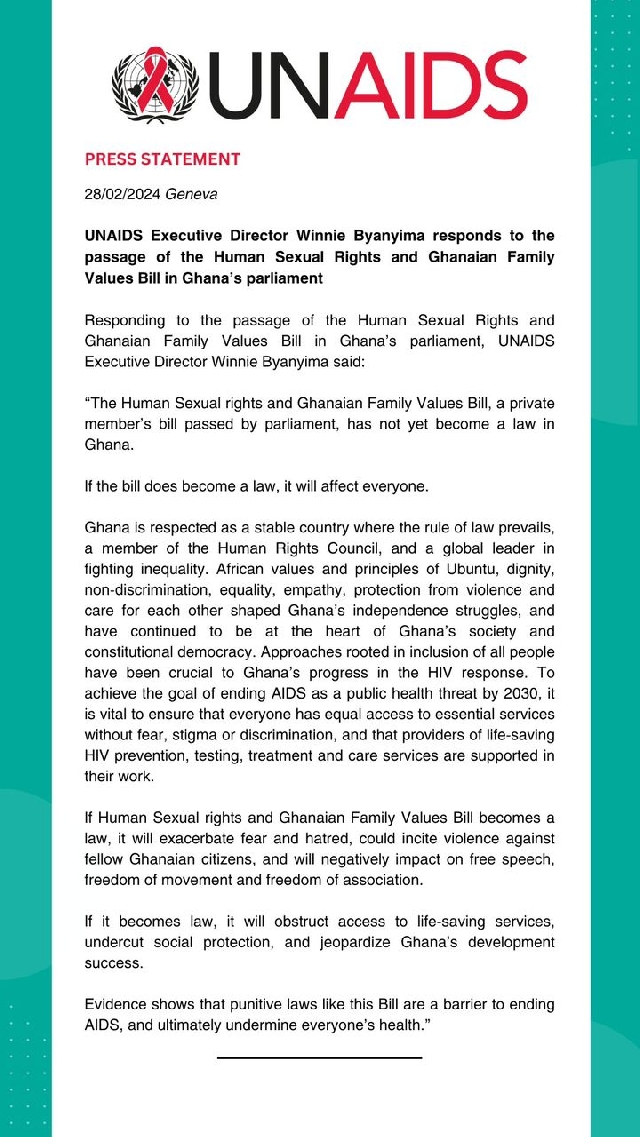
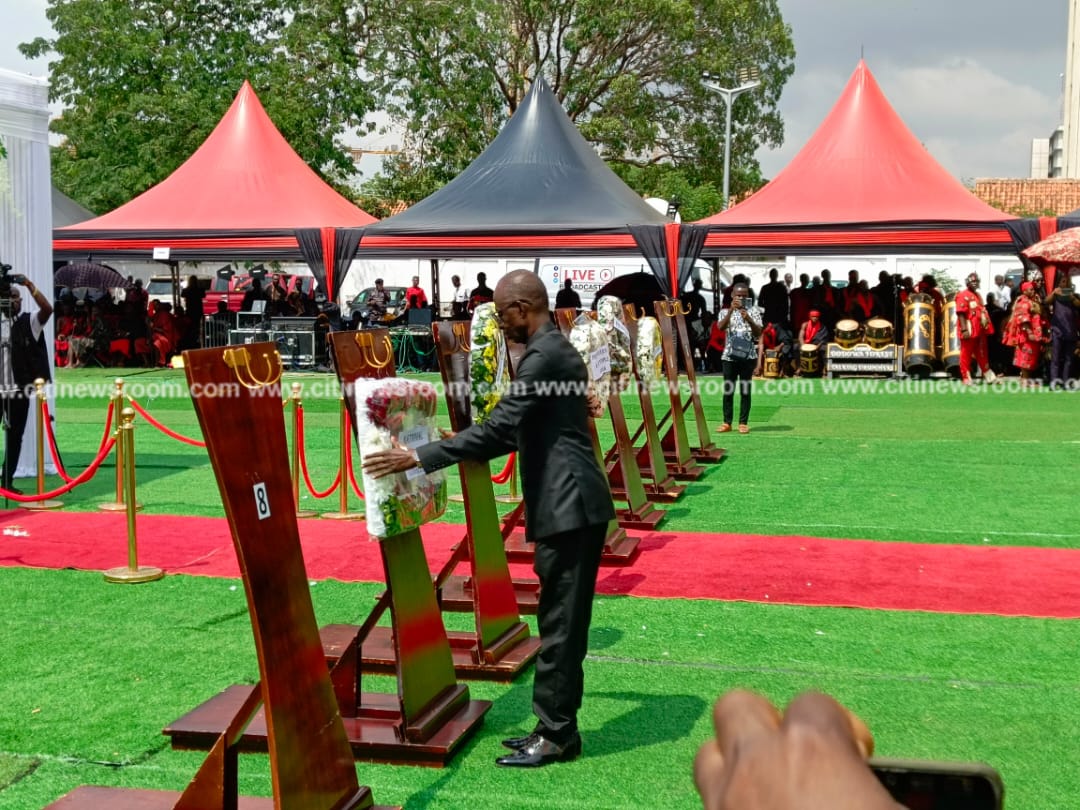

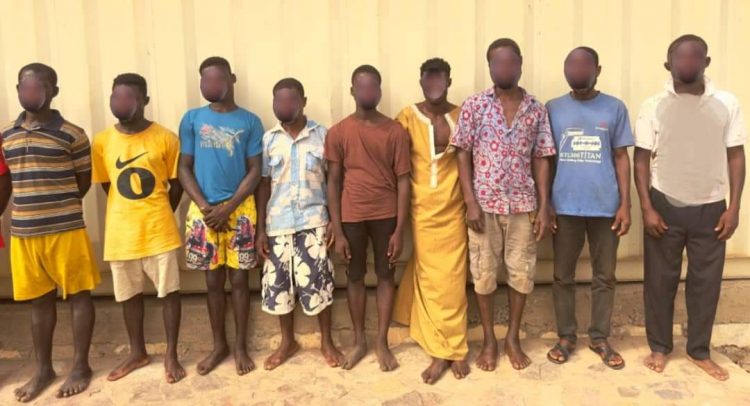

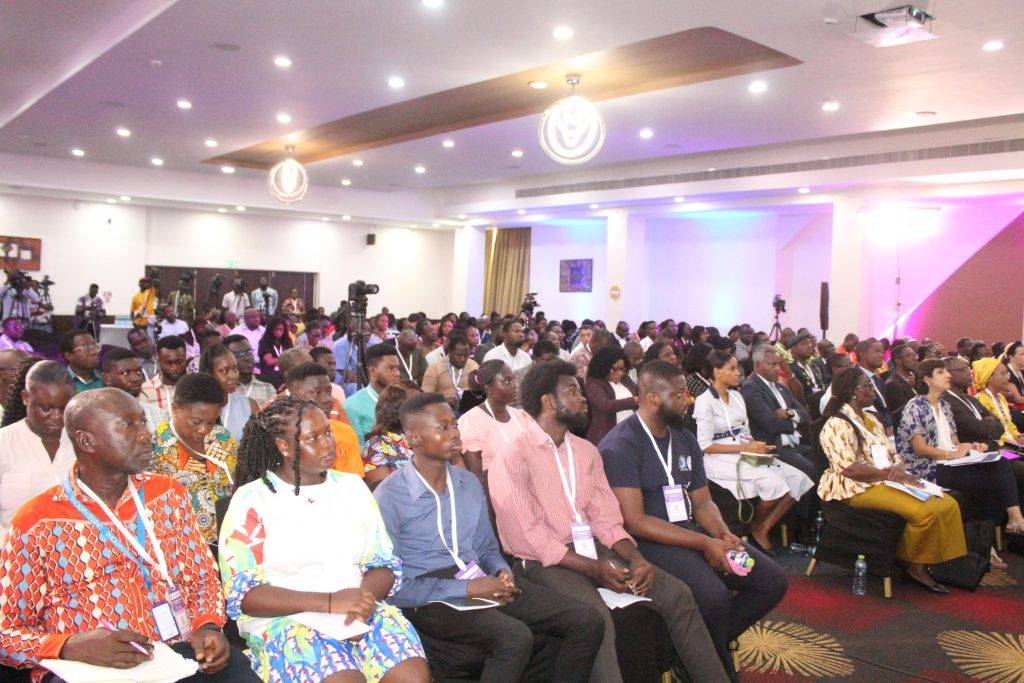

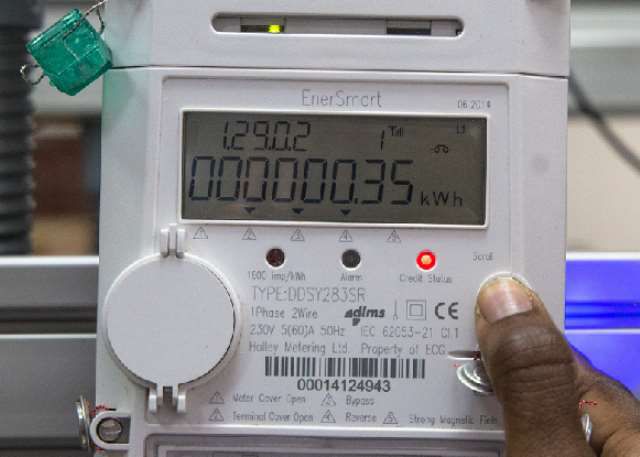

![Rider feared dead after accident at Kasoa-Ofankor, motorbike lands on rooftop [video]](https://sportal365images.com/process/smp-images-production/pulse.com.gh/12042025/01049b67-7887-4c09-96e7-cdcc209a6018.png)
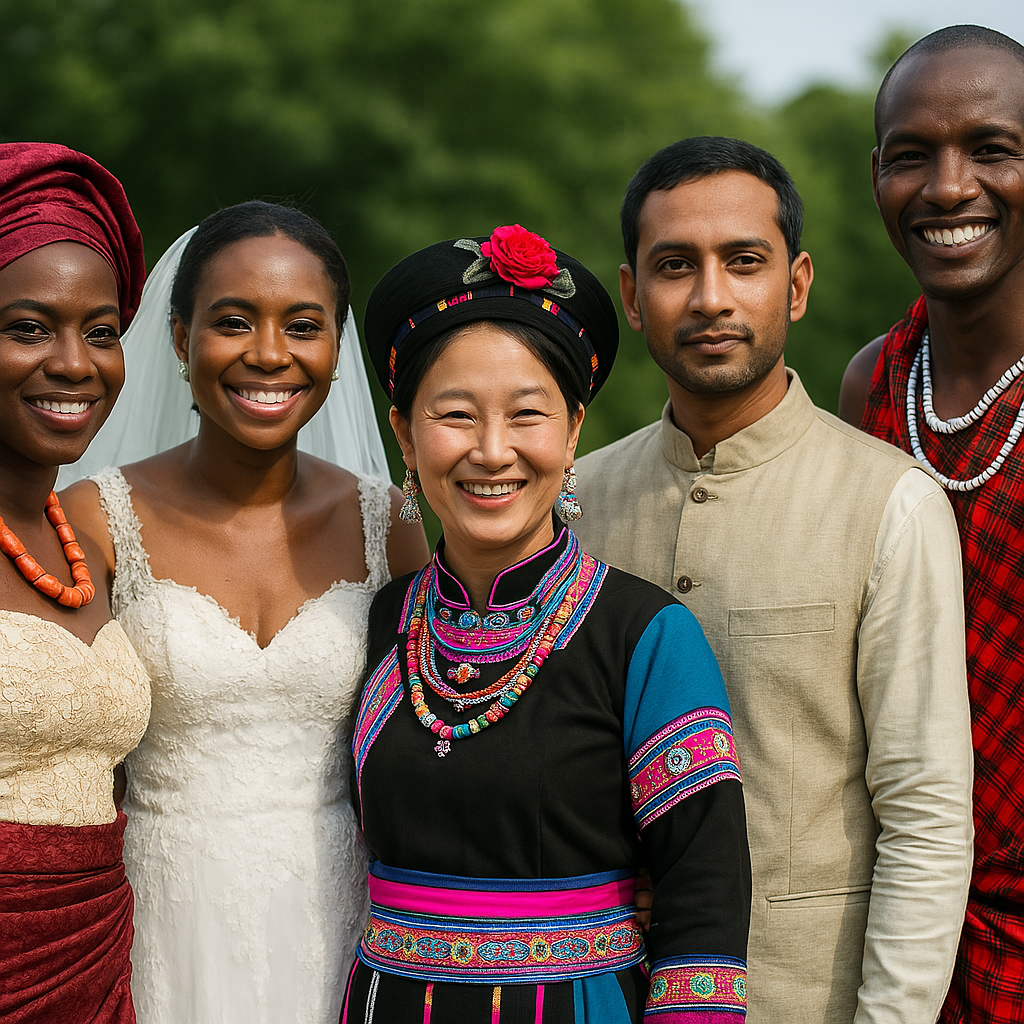
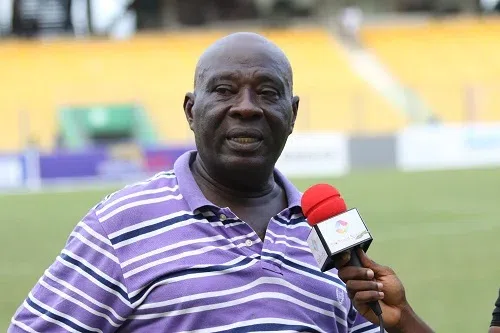
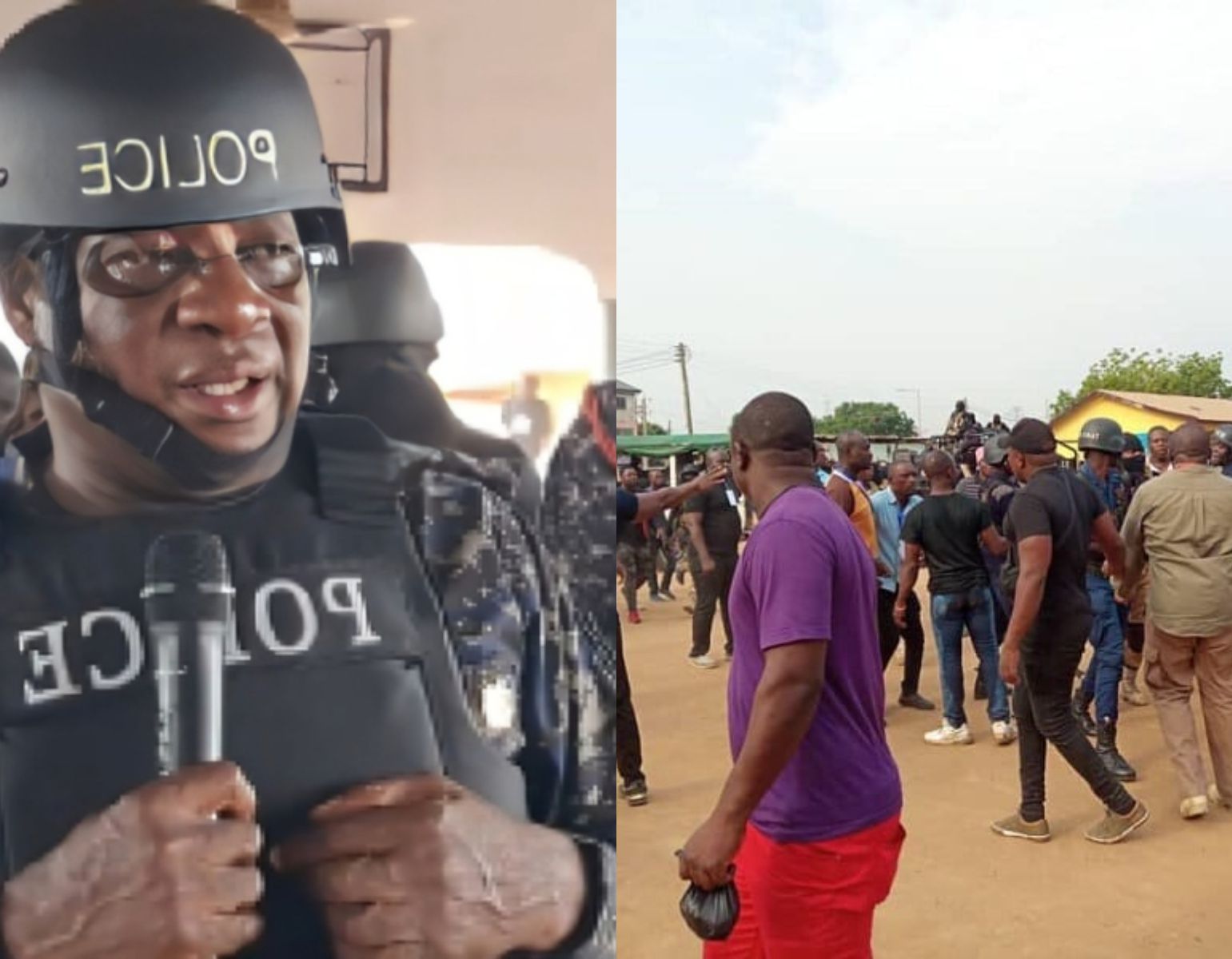
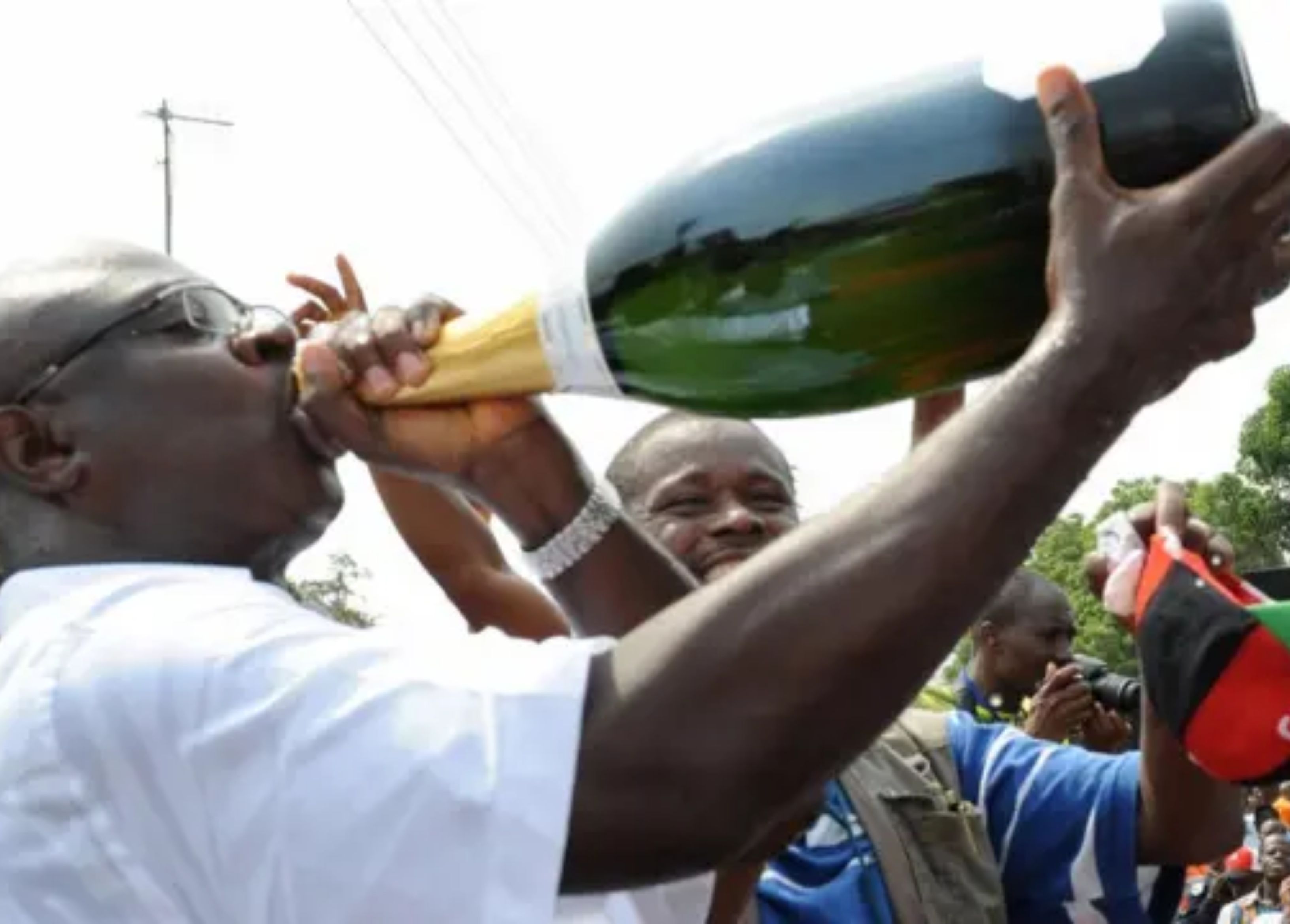
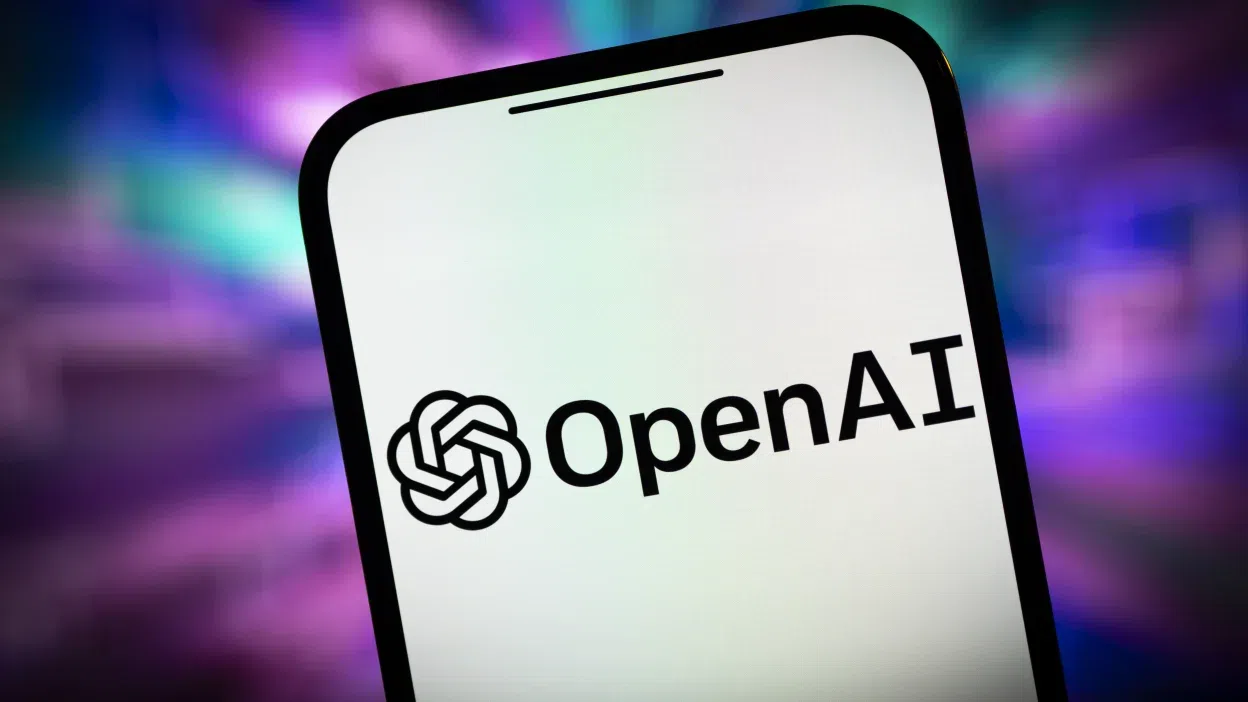
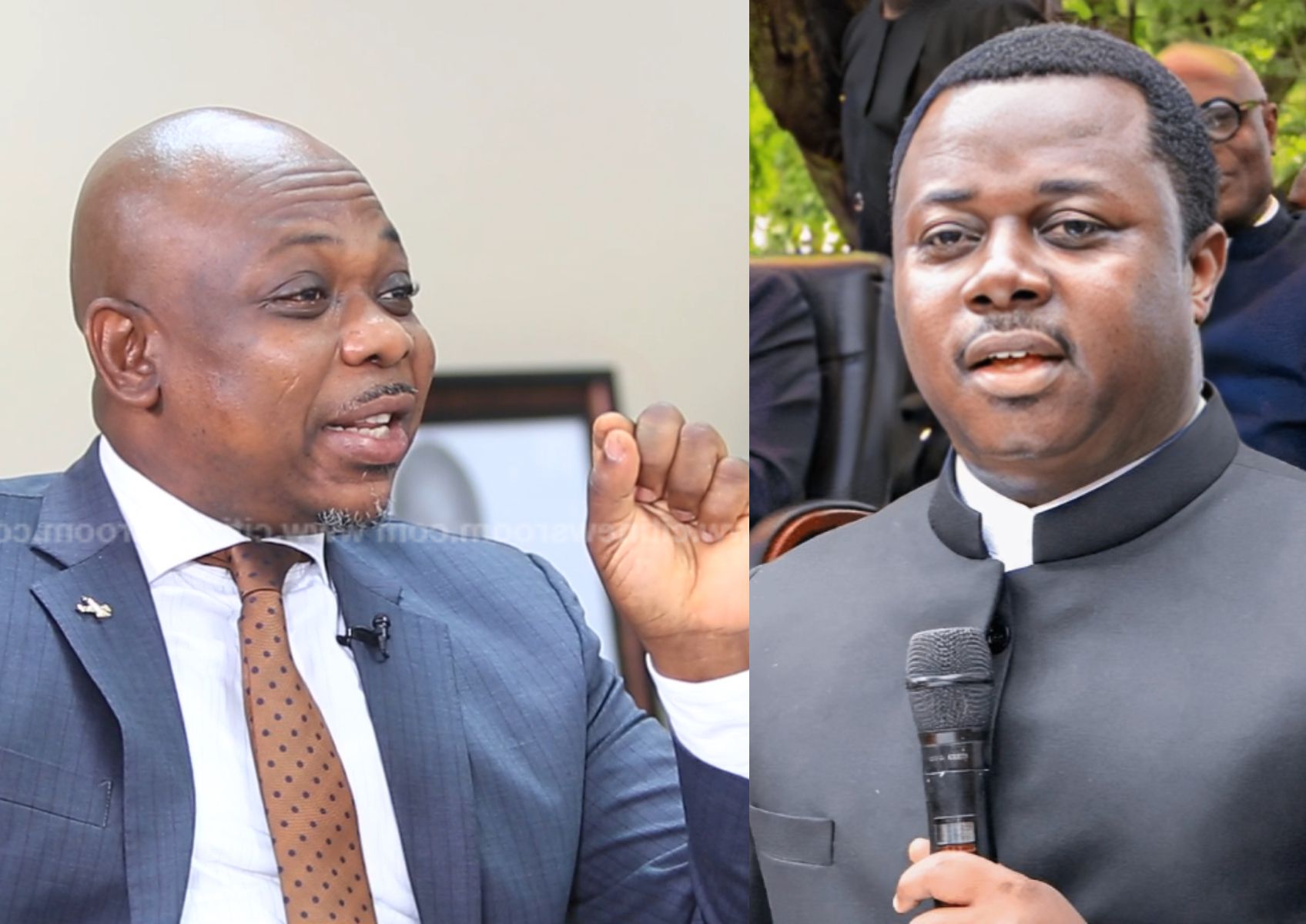

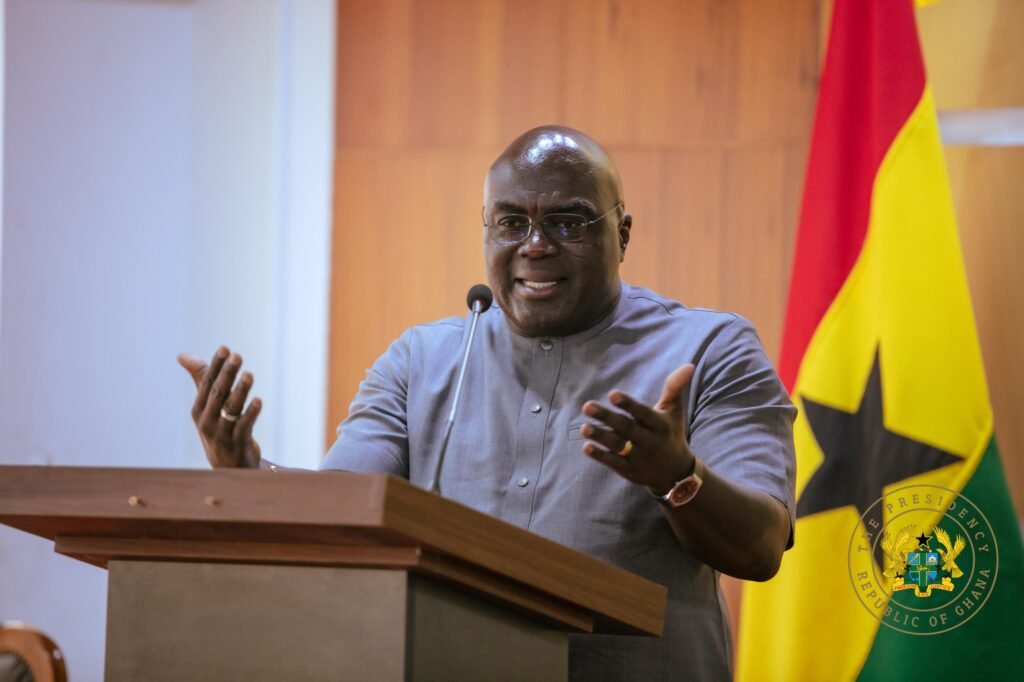


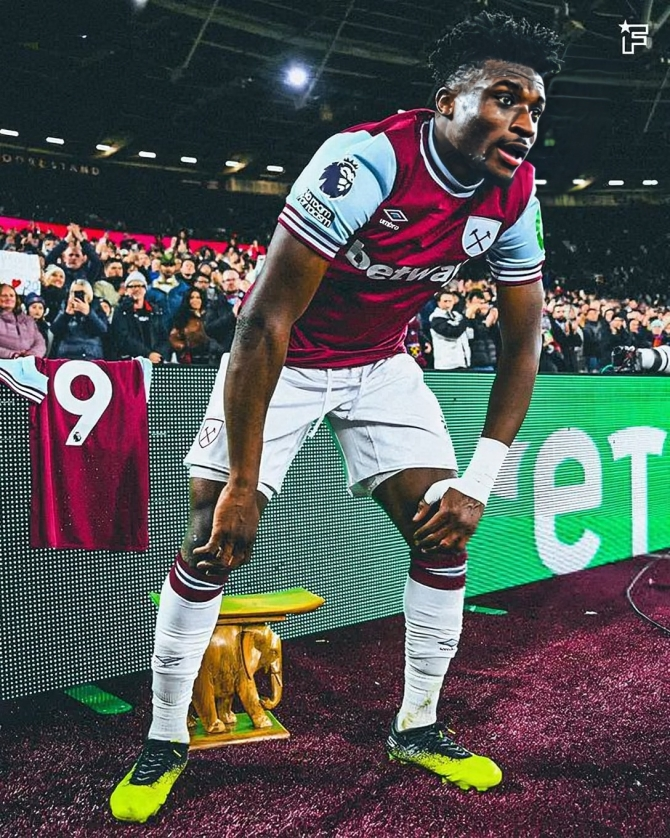
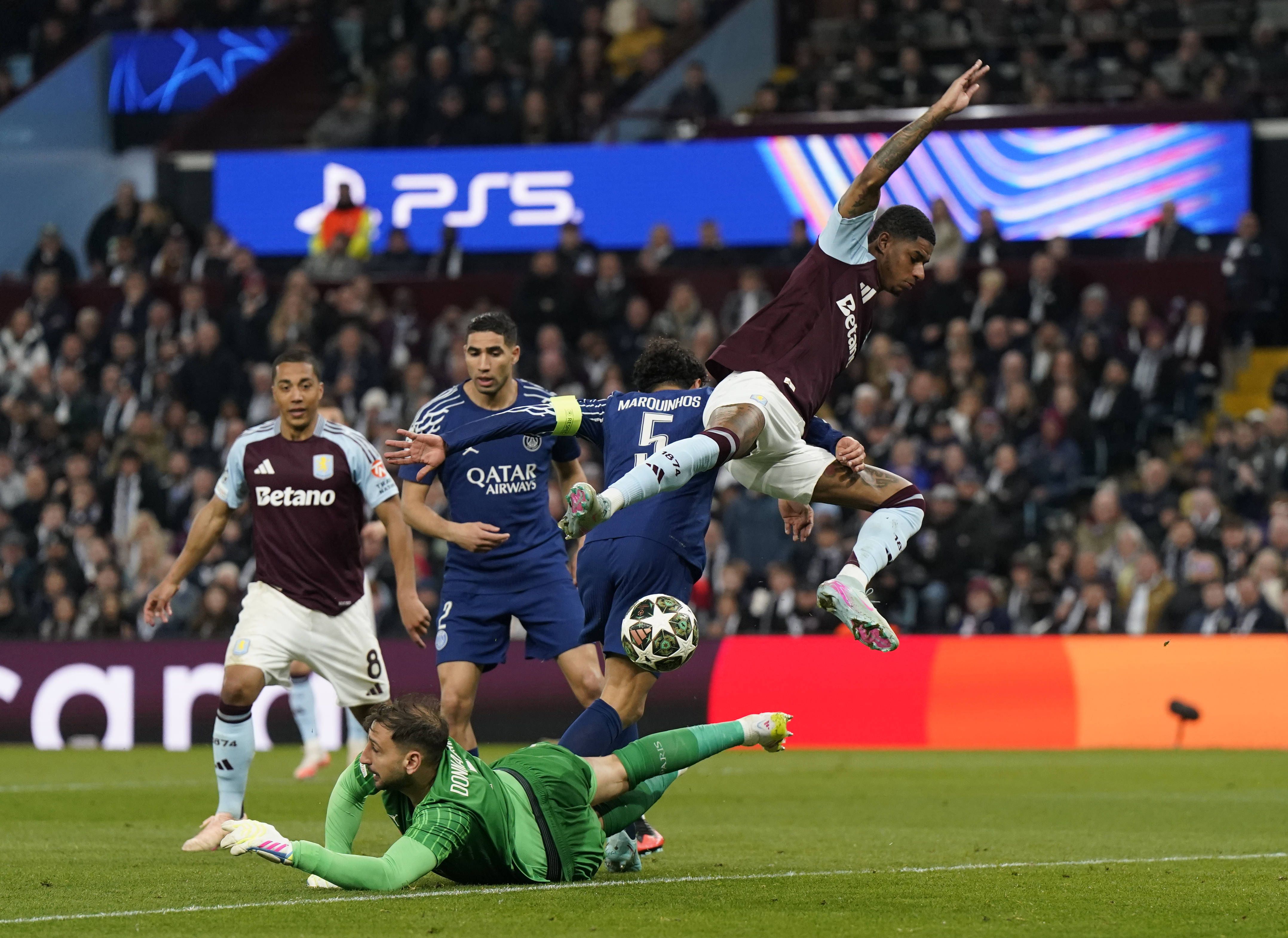
Facebook
Twitter
Pinterest
Instagram
Google+
YouTube
LinkedIn
RSS